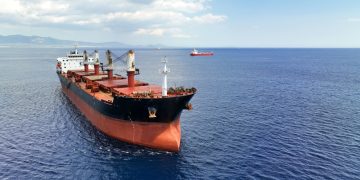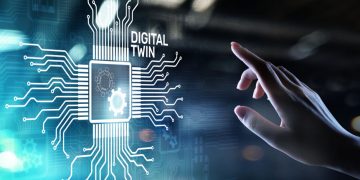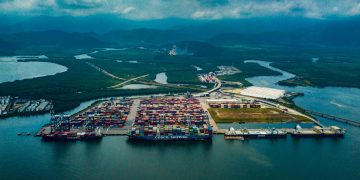EMSA has published a new study on the identification of specific competences for seafarers on ships using alternative fuels and energy systems.
According to ESMA, the decarbonisation of shipping involves a technology transition towards different potential alternative fuels and energy systems. At the same time, one of the main challenges of this transition is the additional training that seafarers on board ships using alternative fuels and systems need to undergo to ensure their safe and efficient operation and maintenance.
The existing training and competence standards in the STCW Code do not specifically cover all aspects of the new fuels/fuel systems being adopted; these include:
- Liquid Natural Gas
- Biofuels
- Methyl/ethyl alcohols (limited to methanol)
- Hybrid electrical battery systems
- Fuel cells
- Ammonia
- Hydrogen
The first part of the TRAINALTER study aimed to identify and describe specific competences and training areas in terms of knowledge, understanding and proficiency for seafarers to ensure safe operations of ships using alternative fuels and energy systems.
The second part of the study aims to identify and justify methods for demonstrating competence and descriptions of training programmes and syllabus for seafarers and instructors.


































































